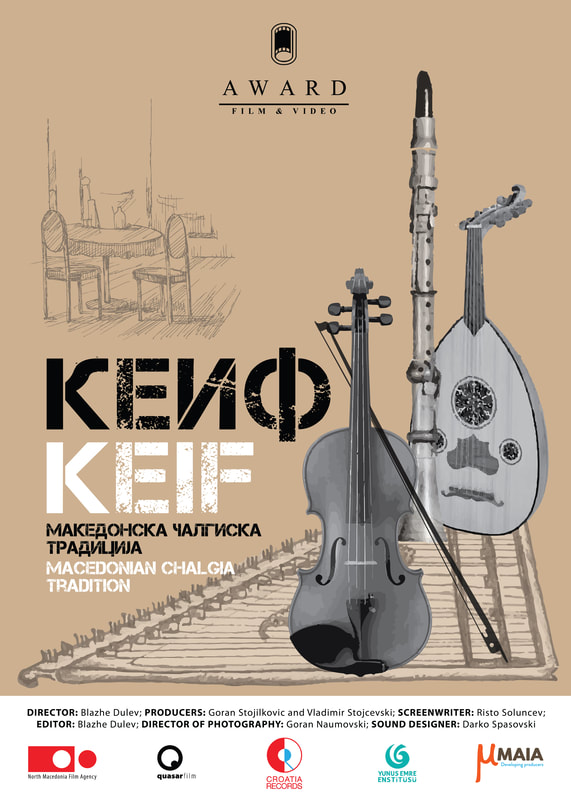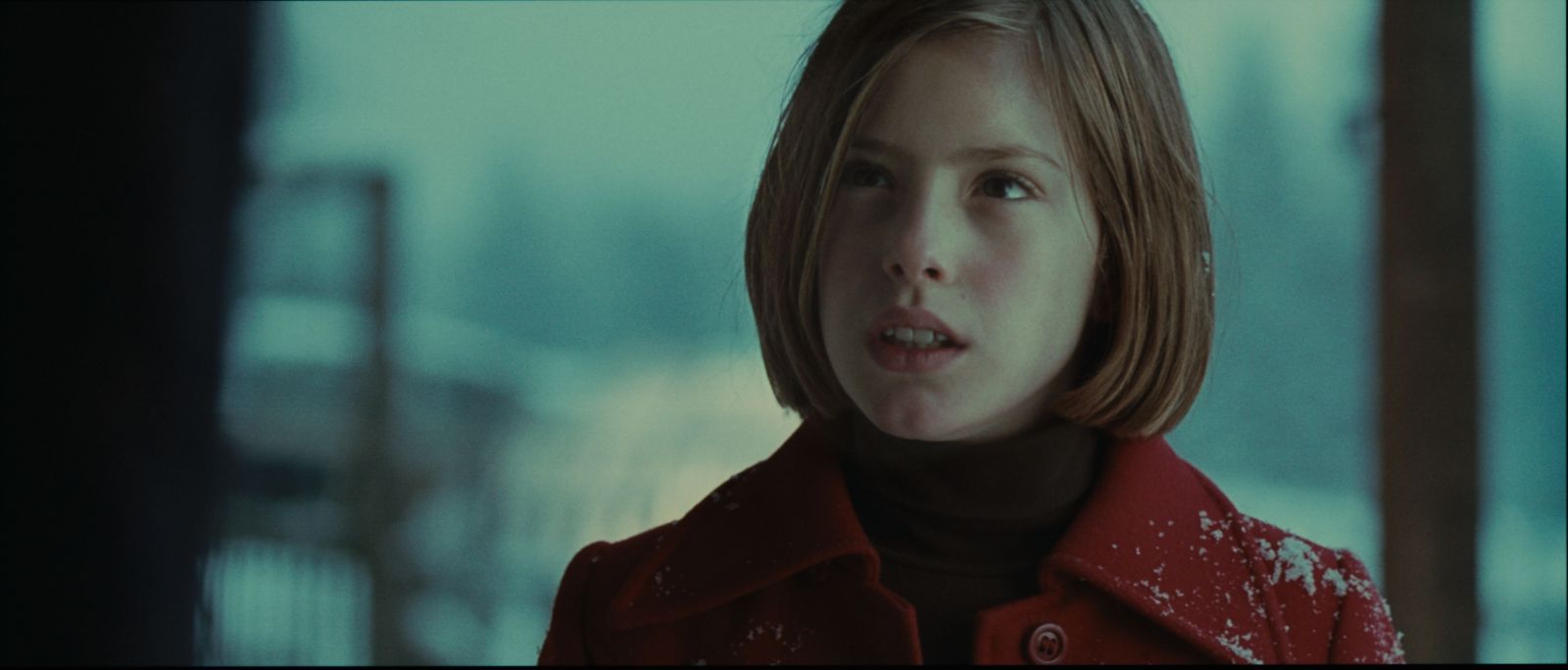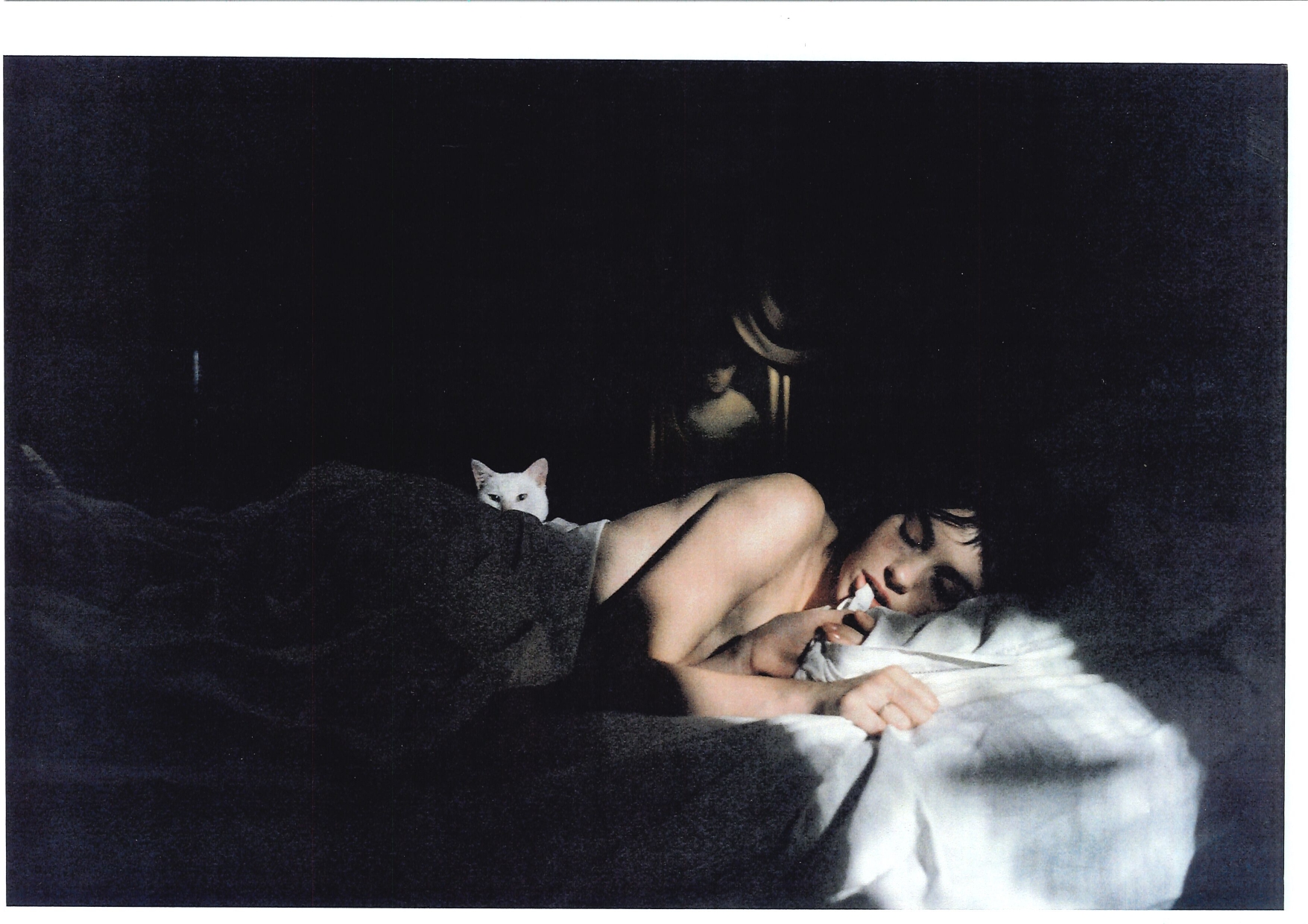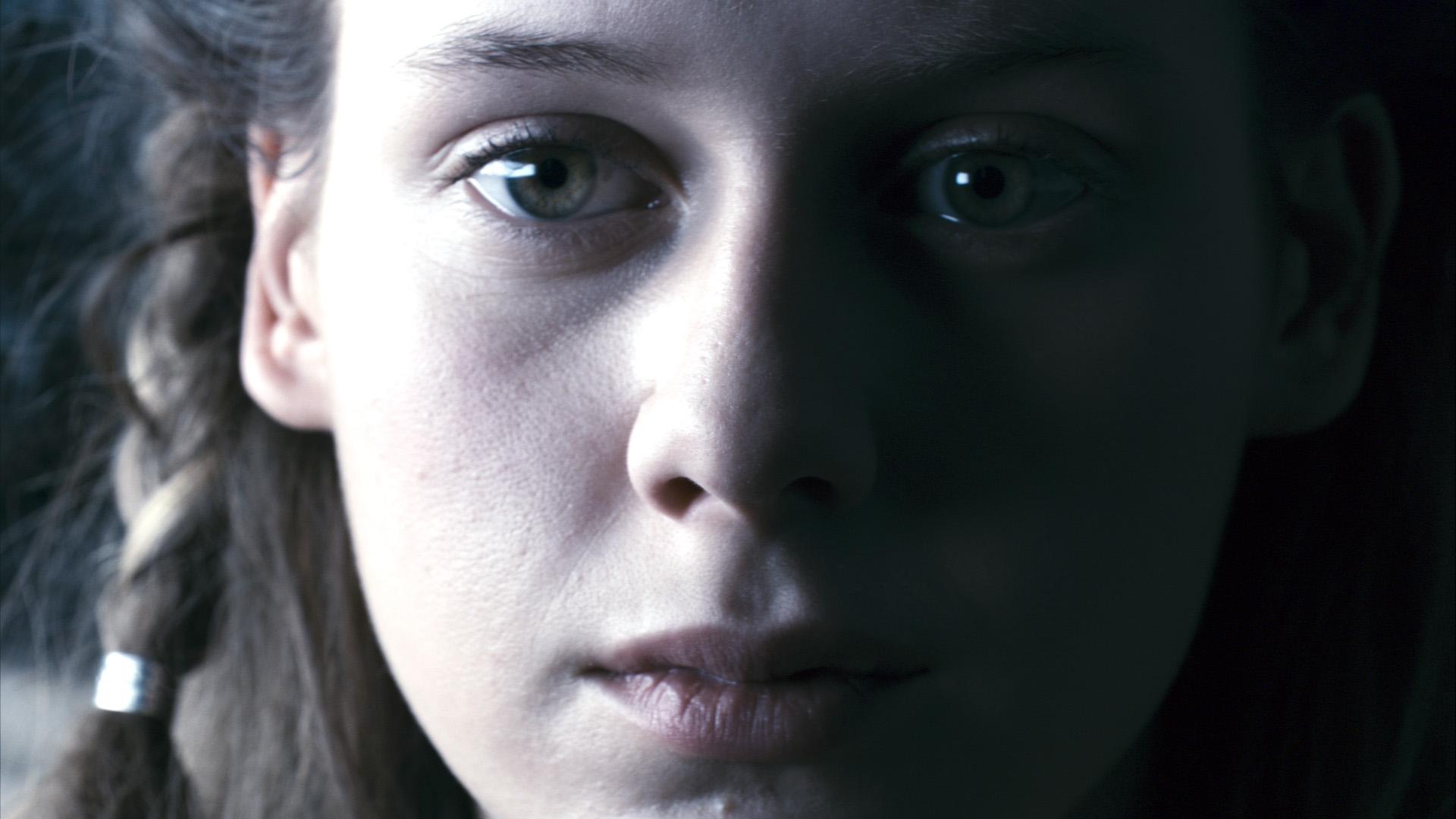Special Screenings: Film meets Philosophy

THE CROWD (1928)

ФФФ doc. : KEIF / Macedonian Chalgija Tradition (2019)

EVЕ (2011)

BETTY BLUE (37° 2 le matin, 1986)

CAÓTICA ANA (2007)
-

THE CROWD (1928)
Opening ceremony of the 11th Philosophical Film Festival with a musical performance Summer Cinema “A Quiet Summer”
(Cinematheque of Macedonia)
27 May (Thursday), 21:00 ч.
dir. King Vidor (US), 98’
online Introduction Sujet et masse dans ‘La Foule’ de King Vidor (1928)
by Dominique Chateau (professor, PhD) France
“The crowd will always laugh with you ... but will cry with you for a short day.” King Vidor's 1928 masterpiece is one of the best films of the late silent film era, but also one of the most socially relevant films ever made. The sad but hopeful saga of John and Mary Sims depicts the cruel struggle of a young middle-class couple to succeed in the modern life of big cities. John Sims is an idealist who moves to the big city hoping to fulfill his youthful dreams and achieve something valuable, big and meaningful in his life. But, instead, the impersonal existence in the big metropolis and the harsh reality of everyday life threaten to swallow it at every step, to turn it into just a number among the crowd …
Premiered in 1928, THE CROWD at the American Film Academy First Awards in 1929 has been nominated for an Oscar for Best Picture and King Vidor for Best Director, conquering the crowds with his warm and humanistic story that offers an accurate picture of the harsh, impersonal aspects of urban existence. Featuring a stunning photograph by Henry Sharp and a soundtrack by Carl Davis from the restored 1981 version, THE CROWD is an inevitable movie classic for each and every one of us. -

ФФФ doc. : KEIF / Macedonian Chalgija Tradition (2019)
Opening ceremony of the 11th Philosophical Film Festival with a musical performance Summer Cinema “A Quiet Summer”(Cinematheque of Macedonia)
28 May (Friday), 21:00 h.
dir. Blaze Duev (MK), 94’
TalkMacedonian musical episteme
by Risto Solunchev (professor PhD, screenwriter of the documentary „Keif“)
Macedonian chalgia is rooted in the music code of many generations. This music represents base and structure for many contemporary musical forms and also represents a distinctive phenomenon which blends folklore with heritage of music tradition of Istanbul, both Byzantine Church music and Classical Ottoman in one, corresponding with the Octoechos and Maqam system.
Beside this, chalgia connects the difference between Eastern and Western musical heritage, with mixing of the Oriental and West European instruments in the same time.
This movie traces the history and beginnings of chalgia from Constantinople (Istanbul) to Macedonia during one century. It follows the history of the old Macedonian music groups (tajfi) founded in Skopje, Ohrid, Veles, Kavadarci, Bitola and also Turkish classical music, with presentations of Turkish Academy professors. In the film are used old archival footage from the performances of the bards of this type of music, which brings on surface important segment of the Macedonian music traditions for future generations.
The film follows the development of chalgia in Macedonia, western influences, results of this mix and of course its arising in today’s context, through the interviews with Macedonian musicians, but also the World-famous artists as Kudsi Erguner, Omar Faruk Tekbilek, Gunay Çelik, Simon Saheen etc. -

EVЕ (2011)
Summer Cinema “A Quiet Summer”(Cinematheque of Macedonia)
1 June (Tuesday), 21:00 ч.
реж. Кике Маило / Kike Maíllo (ЕS), 94’
Talk Eve or what do robots "see" when they close their eyes
by Vladimir Davchev (professor, PhD), Macedonia
Alex, a renowned cybernetic engineer, returns to Santa Irene to carry out a very specific mission for the Robotic Faculty: the creation of a child robot. During the ten years he’s been away, life has moved on for his brother David and for Lana who, after his departure, struggled to get her life back together. Alex’s routine is unexpectedly disrupted when he meets Eva – Lana and David’s amazing daughter. She is a very special, charismatic little girl. She and Alex have a special connection from the first time they meet. Together they set out on an extraordinary journey…
EVA is the debut film by Spanish director Kike Mailo, which premiered at the Venice Film Festival, opened the legendary Siges in 2011, won Goya for Best New Director (2012) and won the Audience Award at the Fantasy Film Festival in Gerardmer (2012). In an eco-futuristic universe inhabited by humans, functional robots and androids, it combines retro aesthetics and sleek visual effects to uniquely ask questions about the connection between man and technology. Alex (Daniel Bruhl, Goodbye, Lenin!) wants to create a robot so sophisticated that it will be able to “steal” someone's heart. Could we humans have strong emotional attachments to machines — so perfect and similar to us — as we have to other humans? And finally EVA asks us the question: Can we program what we feel? -

BETTY BLUE (37° 2 le matin, 1986)
Summer Cinema “A Quiet Summer”(Cinematheque of Macedonia)
2 June (Wednesday), 21:00 h.
dir. Jean-Jacques Beineix (FR), 115’ online Introduction BETTY BLUE/37° 2 le matin – The Materiality of Appearanceна
by John Ó Maoilearca (PhD, professor), United Kingdom
Zorg maintains several bungalows on one of the beaches of the French Mediterranean and begins a passionate love affair with the beautiful and wild 19-year-old Betty (the magical Beatrice Dahl). After a passionate quarrel, Betty discovers his first, as yet unpublished novel, and desperately seeks a way to publish it. They leave to live on the outskirts of Paris where she, convinced of Zorg's genius, tries day and night to find a publisher, but is rejected by all. Betty's good intentions are going crazy and it is not certain whether Zorg's love will prevail watching her lover go crazy...
The film, based on the hit novella 37°2 АМ by Philippe Djian, nominated for a BAFTA and an Oscar for Best Foreign Language Film in 1987, is a hot, summery erotic drama with a Mediterranean vibe as well as an epic story for love madness (“l'amour fou”) which raises the question of what is done in the name of passion and love. -

CAÓTICA ANA (2007)
Awards and Closing the Festival
Summer Cinema “A Quiet Summer”(Cinematheque of Macedonia)
3 June (Thursday), 21.00
dir. Julio Medem (ЕS), 118’ Talk On Ana and the mysticism of the women through Julio Medem's visual rhetoric Maja Muhic (PhD, professor), Macedonia
Ana is a beautiful 18 year old free-spirited girl living in Ibiza. She devotes her passion for life into her naive paintings. One day, Justine, a cosmopolitan patron of the arts, invites Ana to explore her work further by moving to Madrid, where she will live amongst a group of young artists that Justine protects. This is the beginning of a journey that will send Ana to new continents, prompting her to uncover, through hypnosis, her past lives that have crossed centuries of remote myths. Ana will be challenged to break the chain of ancestral violence that lingers in her chaotic soul.
After the successful Lovers of the Arctic Circle (1998) and Sex and Lucia (2001), Spanish director Julio Medem's Chaotic Ana, which premiered at the Toronto Film Festival, is a journey-story about during the four years of Anne's life, from 18 to 22 years. Counting down, 10, 9, 8, 7 ... to 0, as in hypnosis, a burning that Anna proves that she does not live alone and that her existence is a continuation of other lives of young women who live in the depths of her unconscious. Against the backdrop of Jocelyn Pook's extraordinary, world-music-inspired soundtrack, this is Anna's mess and Anna is both the princess and the monster of this feminist tale of fighting patriarchal tyranny.

